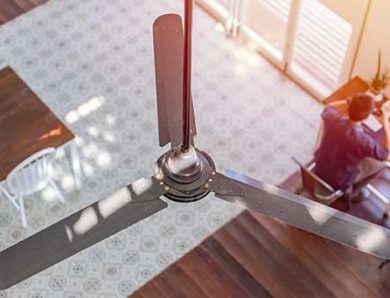
Cost-Effective Pool Maintenance Tips to Extend Your Pool’s Lifespan
Pool care is easy and cheap if you know how. Maintaining your pool extends its life and maximises returns. This essay will cover seasonal pool maintenance, water chemistry, and savings.
Routine Maintenance
Proper pool upkeep extends its life. Skimming the water regularly removes bugs, leaves, and other detritus. This simple task prevents organic debris from settling and complicating clean-up. Weekly poolside and floor sweeping prevents algae and stains. Make sure your pool brush fits its surface to avoid damage. Pool hovering must be done weekly. This removes dirt and debris the skimmer may miss, whether you clean the pool manually or robotically. Clean and check the pool filter periodically. Clean your filter (cartridge, sand, or diatomaceous earth) to keep water clear.
Managing Water Chemistry
User and pool health require balanced pool water chemistry. First, test water quality weekly with a reliable kit. Monitor alkalinity, pH, and disinfectants such chlorine and bromine. Results are best around pH 7.2–7.8. Too high or low can damage pool equipment and skin. Alkalinity buffers pH. The optimal alkalinity is 80–120 ppm. Any deviation from this range may cause pH shifts, making maintenance tougher. Also important is sanitizer quantity. Water should have 1–3 parts per million chlorine to kill microorganisms and make it swimmable. Sun-exposed pools may need a stabiliser. Blocking UV rays improves chlorine efficiency. Thus, less chlorine is needed. Add chlorine or shock your pool to breakdown mixed chlorine compounds. Keeps water clean.
Maintenance by Season
Each season demands distinct pool maintenance and pool construction houston. Due to utilisation, summer pools may require more maintenance. Check water levels and add as needed. Dehydration may lower water levels. Dropping below the skimmer’s water input could damage the pump. In fall, cover the pool without use. This keeps leaves and trash out of the water. Clear the skimmer and filter of leaves and debris. This is a good time to spot and fix minor issues before they get worse. Winter pool closure is required in harsh climates. Pool cleaning and pH adjustment come first. After filling the pool below the skimmer, blow out the pipes. A good pool cover keeps debris out and prevents green growth while not in use. You could also use winter algaecide. Before opening in spring, clean the cover, remove trash, and slowly fill the pool while adjusting chemistry.
Money-Saving Tips
Affordable pool upkeep. Pool covers that consume less heat and chemicals save money over time. Litter and evaporation are reduced by covers, saving water and temperature. Pool water can be moved more efficiently with variable-speed pumps. Maintaining equipment saves energy and money. Saving money with DIY maintenance. Skimming, brushing, and water chemistry testing don’t require experts.
Conclusion
Good pool care is cheap and easy. Regular maintenance, water chemistry control, and seasonal care will maintain your pool in great shape and extend its lifespan. Pool care protects your investment and makes your pool enjoyable and safe, saving money over time.




